This has been on my mind for several months now. Back in February, I found something wrong with my mouth, I had a lump in my cheek and it was producing a lot more saliva, like a fountain, thick and not pleasant tasting. It was so thick it was difficult to swallow. Trying to ignore it and carry on with normal life was becoming a problem. I tried to continue talking but I was drowning. Drowning so much so, with my throat gurgling and nowhere for the saliva to go. I just couldn’t swallow it fast enough. I started to question if I had really had that operation in my teens to get rid of some of my salivary glands. The result is I am choosing to use AAC in many more everyday situations.
Oro-motor surgery
I had oro-motor surgery when I was 16 when ‘they’ did work on two sets of saliva glands. First removing one set of glands from under my tongue. Then re-routing the ones along the side of my throat so the saliva produced went straight down my throat. Until this op, despite trying loads of different interventions over many years, I had had to change my clothes at least twice a day, often more. My dribbling was medically classed as profuse. For over 10 years I’d been delighted with the results and now I felt I was back at square one.
Understanding the implications
The pain and increased saliva did not improve with antibiotics, and a referral was made to ENT. Despite this referral, it got to the point I was recommended to go to Accident and Emergency. Several visits later and lots more antibiotics, then various tests and an ultra-sound I got to see a consultant to discuss what was happening. The result is there is not much to be done, I had had a blocked saliva gland. Saliva is essential for life, further surgery or interventions are extremely risky and might create long-term health issues. The lump has gone but the saliva issue remains. I’ve had to think long and hard about what this means.
I’ve chosen to use my voice first
I love talking, my team can all get most of my speech, which is generally great. Some days my iPad, which is my communication aid, doesn’t go down past 90% charge. I might have communication choices, however, I have always seen myself first as a speaker. But speaking is now a major problem, the more I talk the more saliva I am producing. Trying to talk and keep the saliva in my mouth is not a marriage made in heaven. I want to protect my dignity by having dry clothes, but I also want to speak in the way that is best for me.
During these reflections, I have come to realise when I verbalise a lot I am forcing my voice. I am trying to speak slowly and with clarity to avoid misunderstandings and repetitions. The result is I have often been going to bed with a sore and tight throat. I’ve also found that whilst a communication aid isn’t always fast it can be faster than my natural speech. Simply, because when I speak I often have to repeat myself or repair a conversation. By contrast, when I use my AAC device there is no misunderstanding my communication message and intent. I say it once and we are good to go.
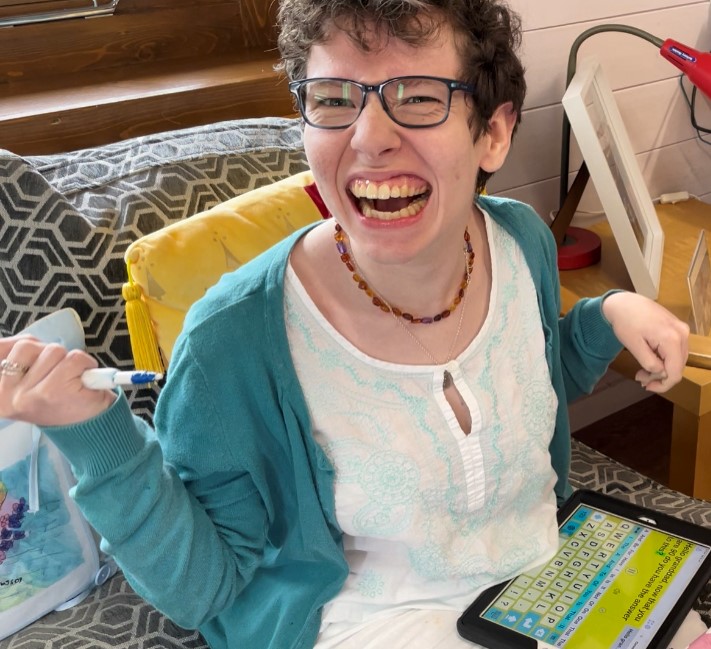 So, what do I choose? Do I verbalise or not?
So, what do I choose? Do I verbalise or not?
There is a balance to be found, but I choose dignity all the way. Having less verbalising doesn’t make me any less of a person. It defines who I am and my journey to get to this decision. I’m not going to apologise for that. But what I need to say is that Dumbledore in Harry Potter once said, ‘happiness can be found, even in the darkest of times, if one only remembers to turn on the light’. Looking at the positives really helped with my decision.
Choosing to be an AAC user
I am still talking, but a lot less, and mainly just at home. After 23 years of using my communication aid as a backup, or with strangers, I have found my happiness. I am choosing to use AAC over verbalising on a daily basis. I will always remain a multi-modal communicator, but I have made my peace with being a person who uses AAC. This is a decision that is right for me. Goodbye my own voice but welcome Lucy* and dry clothes.
*Lucy is my communication aid

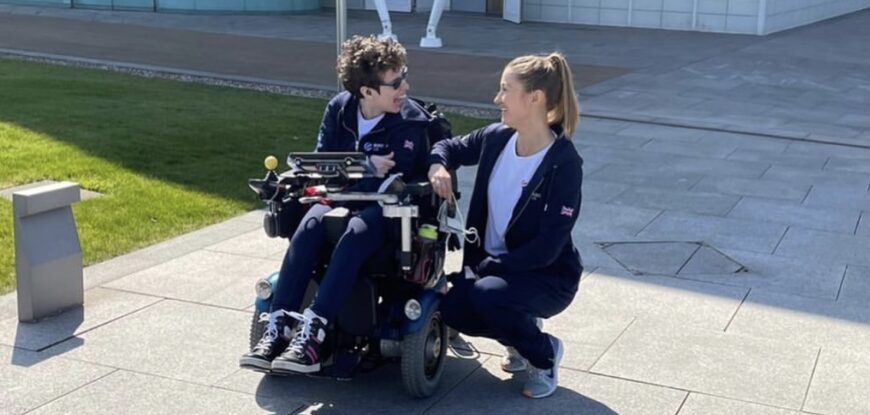
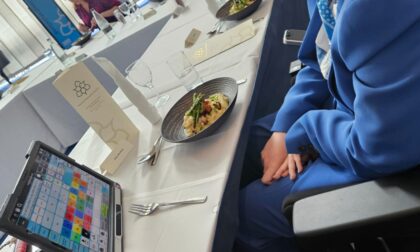
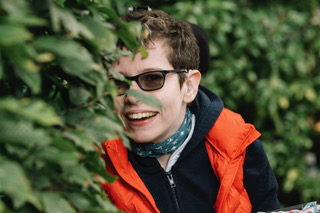
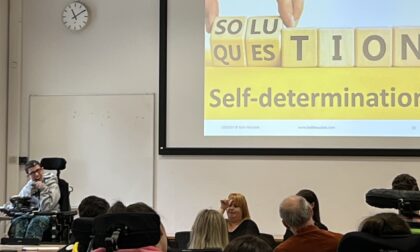
Another interesting read Beth. You rationalise your choices and express your feelings in a very positive manner.
Thank you Kim, it is always great to receive positive feedback on a post. Each time I write I dig deep so it feels good to know you found it interesting